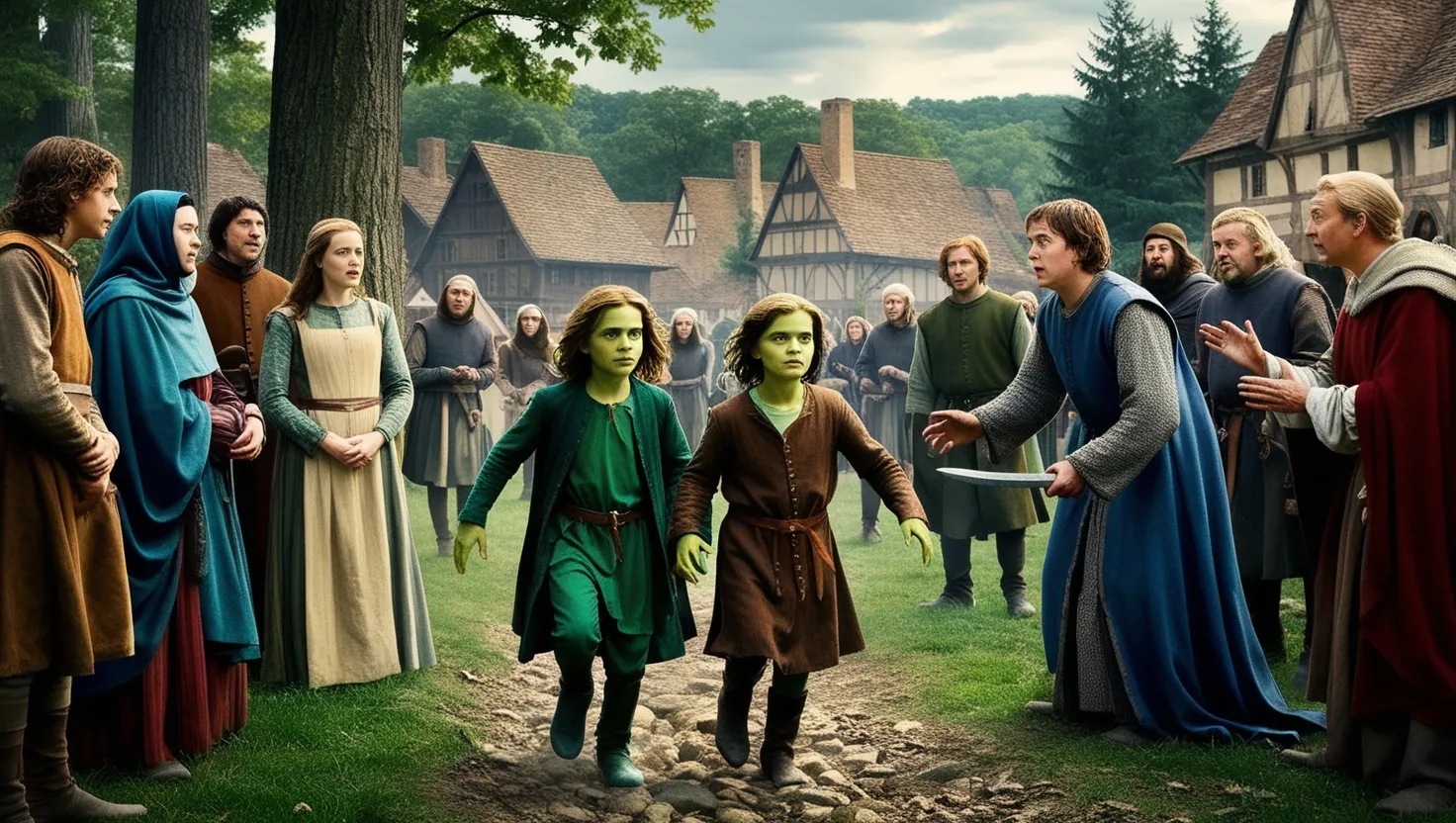George Soros, the Hungarian-American billionaire, has been tangled up in wild conspiracy theories for ages. Some folks think of him as the puppet master pulling the strings behind global events, be it politics, economies, or social movements. Let’s dive into some of the most popular and head-spinning theories about this intriguing figure.
One of the oldest and still kicking around theories is that Soros is the mastermind behind the European migrant crisis. The idea here is that Soros is orchestrating the flow of migrants into Europe to destabilize the region. This narrative caught on big time in Hungary, where Soros’s Open Society Foundations push for democratic values and human rights. The Hungarian government, headed by Viktor Orbán, even plastered the country with posters painting Soros as the evil genius behind some international plot with Jews, Freemasons, and the Illuminati.
Another juicy theory that people love is that Soros is bankrolling protests and movements worldwide. Take the 2017 Women’s March, for example. Some claimed he was the brains behind it. He’s also been accused of supporting the gun-control activism of survivors from the Stoneman Douglas High School shooting and backing the protests against Brett Kavanaugh’s Supreme Court nomination. Even President Trump fueled the fire by tweeting that Soros was behind the anti-Kavanaugh protests.
The Central American migrant caravans heading towards the U.S. border have also been tied to Soros. Around March 2018, theories popped up saying Soros was funding these caravans to stir up chaos in the U.S. The buzz hit social media hard and was even promoted by then-President Trump, though no evidence was ever provided. This theory has been connected to violent incidents, including the attempted bombings of Democratic Party figures and the Pittsburgh synagogue shooting in October 2018.
Soros has also been accused of orchestrating and funding protests over police shootings of Black people. The far right claims Soros hires protesters, rents buses to transport them, and even stashes bricks for them to throw at police. Despite zero evidence, these stories spread like wildfire on social media, sparking a lot of negativity about Soros.
These conspiracy theories have roots going back to the early ’90s but really took off after Soros slammed the 2003 Iraq War and started donating millions to the U.S. Democratic Party. Right-wing commentators and politicians have been hammering him ever since, often overlooking the facts. The attacks really ramped up after Trump’s election victory, with neo-Nazis and right-wing media blaming Soros for all sorts of social and political issues.
Soros’s philanthropy, especially through his Open Society Foundations, has made him a favorite target for those against progressive causes. His foundations operate in over 120 countries, supporting education, health, human rights, and democratic projects. This vast philanthropic work makes some view him as a threat to conservative values and national sovereignty.
These conspiracy theories aren’t just wild tales; they have real-world consequences. They can lead to violence and shake the trust in vital institutions. For instance, Cesar Sayoc, who sent pipe bombs to prominent Democrats and Soros himself, was hooked on conspiracy theories about Soros. Likewise, Robert Bowers, the Pittsburgh synagogue shooter, posted anti-Semitic comments about Soros on social media before his crime.
Despite the dangers of these theories, they continue to spread and morph. Experts liken conspiracy theories to “viruses” that change form but never go away. They often aim to delegitimize genuine social movements and distract from real pressing issues, like the pandemic or racial injustice.
In a nutshell, George Soros has turned into a lightning rod for conspiracy theories, accused of everything from controlling global migrations to funding protests and terrorism. These claims, steeped in antisemitism and anti-immigrant sentiment, have been amplified by political figures and social media. While they lack any factual backing, they have serious real-world impacts, fueling violence and deepening societal rifts.






